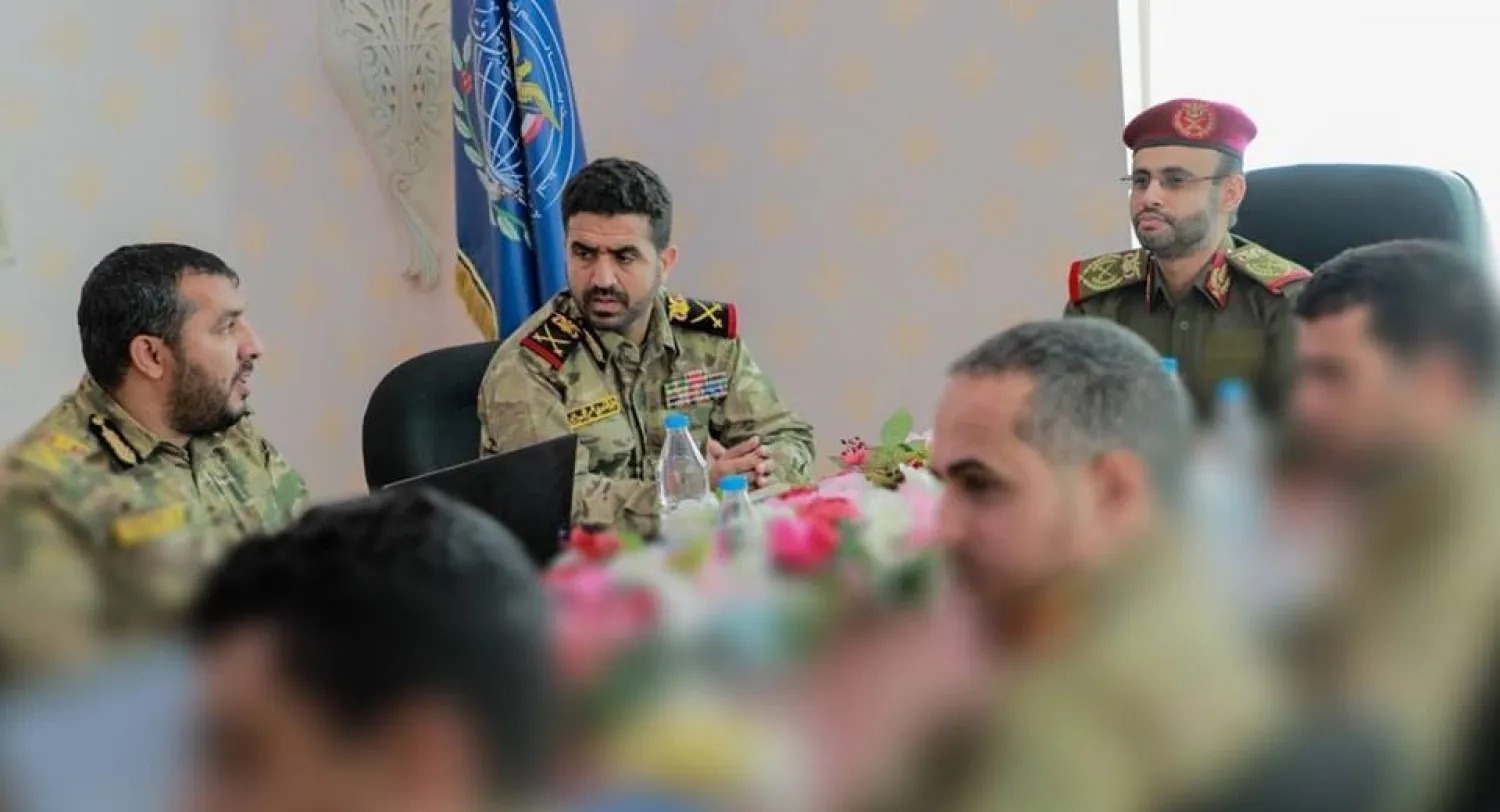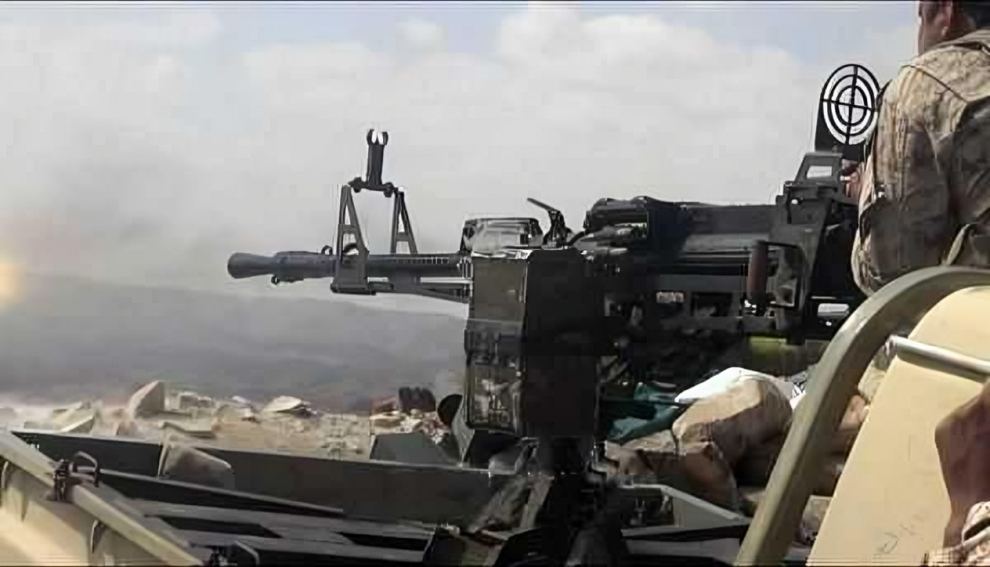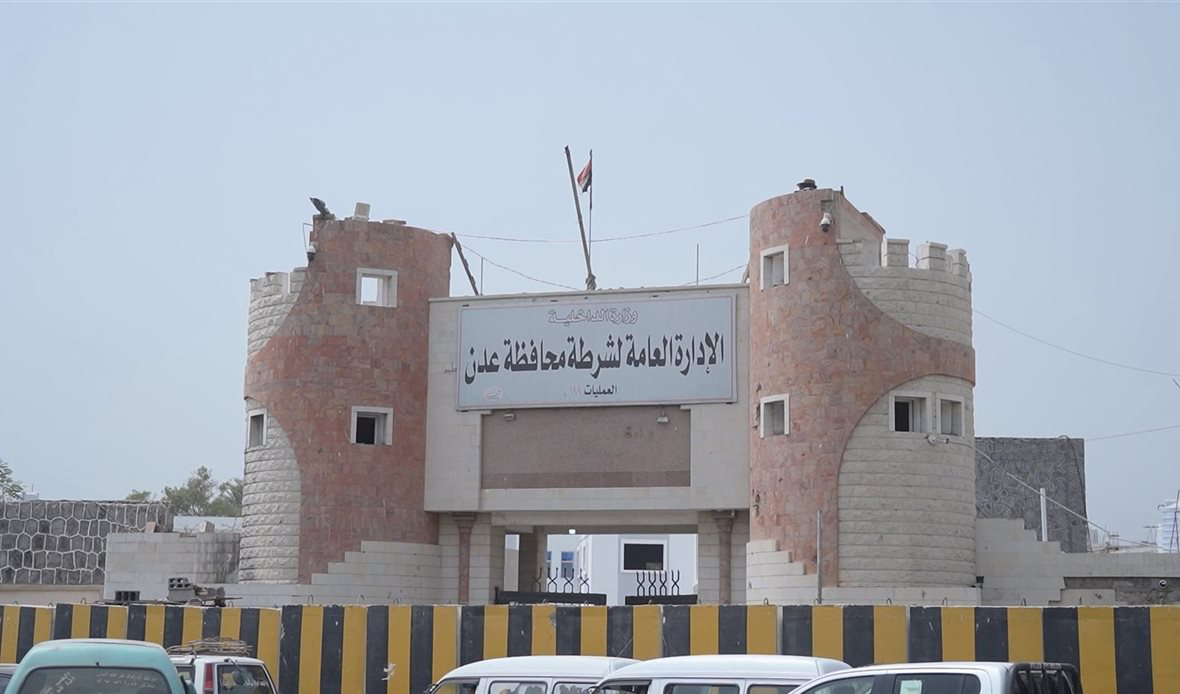
Barran Press - Al-Sharq Al-Awsat
A recent international report has leveled serious accusations against the Houthi intelligence agency, classified as a terrorist organization, claiming it has systematically controlled humanitarian aid over the years to benefit the Iran-backed rebel group.
The study, conducted by the Center for Combating Extremism, outlines how high-ranking officials in the so-called "Security and Intelligence Agency" targeted human rights workers and disrupted humanitarian projects, all in pursuit of financial gain and the recruitment of operatives in government-controlled areas.
Based on open-source intelligence, the report asserts that Houthi intelligence officials have actively engaged in spreading extremism among Yemeni youth, including children, while undermining humanitarian efforts for personal profit. They reportedly manage obscure financial networks and recruit agents to instigate chaos in regions held by the legitimate government.
The report criticizes international organizations for failing to counter the Houthi intelligence officials who manipulate their projects or take credit for them. It stresses that, given the critical humanitarian situation, further measures must be implemented to expose these officials and prevent them from exploiting humanitarian activities.
It details the Houthi intelligence agency's role in controlling aid distribution, revealing that in October, the Houthis dissolved the humanitarian coordination council and transferred its responsibilities to their unrecognized Ministry of Foreign Affairs and the Ministry of Labor and Social Affairs.
The report highlights that the Houthi intelligence agency was a key partner in gathering information on humanitarian organizations and imposing demands on them. Despite the dissolution of the council, the report warns that this does not necessarily mean the end of Houthi control over aid.
Notably, just two months before the council's responsibilities were reassigned, Abdul Wahid Abu Ras was appointed as Deputy Minister of Foreign Affairs, having previously served as the intelligence agency’s operations chief. The report suggests this move may create a new high-level connection between the intelligence agency and ongoing efforts to manipulate humanitarian aid following the council's dissolution.
The report also points out that the council's disbandment may be a response to mounting international pressure on humanitarian organizations to cease cooperation with the Houthi entity, known for obstructing and diverting aid.
For nearly a decade, the issue of aid diversion by the Houthis has persisted. The report calls for targeted sanctions against individuals involved to sever their access to the international financial system.
As the report awaits to see how the dissolution of the humanitarian coordination council affects Houthi aid manipulation efforts, it predicts that Abu Ras, a senior figure in the former intelligence agency, will play a pivotal role in ensuring that any resources entering Houthi-controlled areas are allocated to reinforce their power.
The report also mentions Houthi leader Montadhar Al-Rasheedi, currently head of the intelligence agency in Sana’a, who has been seen attending major Houthi promotional events, including the grand openings of two new medical facilities funded by UNICEF and a development project for 20 new housing units.





